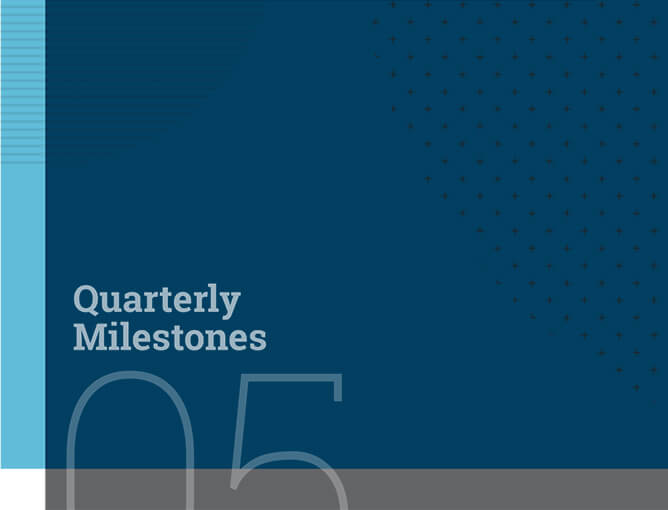
Jyotsna JayaramPartner

Rachana Rautray Senior Associate

Prabal DeAssociate
Key Developments
-
Advertising Standards Council of India releases guidelines to combat ‘dark patterns’ in online advertising
Amidst a global crackdown on ‘dark patterns’ on the internet, the Advertising Standards Council of India (ASCI) has prescribed guidelines stating that deceptive design patterns will be considered as misleading advertisements.
Pursuant to consultation with the Department of Consumer Affairs (DCA), on 15 June 2023, ASCI issued its Guidelines for Online Deceptive Design Patterns in Advertising (DP Guidelines) to curtail the use of ‘dark patterns’ in online advertising. The term ‘dark pattern’ is an umbrella term encompassing all those practices that trick customers into making decisions against their best interests. Under the DP Guidelines, the following types of dark patterns:
- drip pricing (i.e., the practice of making incomplete price representations to create ambiguity as to the final price),
- bait and switch (i.e., an ad that implies a certain outcome but misleadingly serves another outcome to the customer),
- false urgency (i.e., implying that quantities of a said product or service are more limited than they actually are), and
- disguised ads (i.e., an ad that does not disclose that it is an ad and is presented as content)
would be considered to be misleading. Such classification may have implications on consumer protection law generally, particularly the restrictions on making misleading advertisements under the Consumer Protection Act, 2019. That said, the DP Guidelines are limited only to online advertising and will be applicable from 1 September 2023.
ASCI’s guidelines on dark patterns are part of a larger push to protect consumers from newer harms ranging from deceptive design to exploitation of minors and vulnerable persons. For instance, in May 2023, the National Commission for Protection of Child Rights finalised guidelines for the use of child artists in the entertainment industry (e.g., film and over-the-top (OTT)), ASCI revised its guidelines on education advertisements this quarter to curtail statements causing physical or mental harm to school students or exploiting their vulnerability, and the Ministry of Health mandated OTT platforms to run anti-tobacco health advertisements and static notice disclaimers. Advertisers engaging in practices contrary to the ASCI’s guidelines described above may consequently open themselves up to scrutiny by ASCI members, and potentially consumer complaints as well.
-
New Tamil Nadu Gaming Act classifies rummy and poker as games of chance and introduces a registration framework for providers of local online games
Gaming platforms looking to operate in Tamil Nadu are now subject to a legal regime that prohibits online gambling or the playing of games of chance for stakes in the state - which expressly include rummy and poker. Further, any entity acting as a local online games provider is required to obtain necessary registration prior to offering any online game in the state (i.e., both games of skill and games of chance would require registration, including rummy and poker, whether played for stakes or otherwise).
After earlier being passed as an ordinance in 2022 (to read our detailed update on this ordinance, click here), the ‘Tamil Nadu Prohibition of Online Gambling and Regulation of Online Games Act, 2022’ (TN Act) was re-introduced as legislation and notified on 10 April 2023 and was soon followed by the Tamil Nadu Online Gaming Authority and Regulation of Online Games Rules, 2023 on 21 April 2023. The TN Act prohibits any offering of ‘online gambling’ or online games of chance as specified in the schedule (such as rummy and poker) for money or other stakes in Tamil Nadu. Further, all local online game providers (defined as online game service providers whose central management and control of the service is in Tamil Nadu or whose service is hosted in Tamil Nadu) are permitted to offer online games only after obtaining a registration from the Tamil Nadu Online Gaming Authority. While non-local online game service providers are not subject to this registration requirement, they are prohibited from providing any online gambling service or specified online game of chance with money or stakes in Tamil Nadu or offering any other online game in contravention of the TN Act. In other words, non-local online game providers would not be able to offer rummy or poker in Tamil Nadu. Such entities are, to that end, required to either geo-block such prohibited offerings or undertake due diligence to ensure such games are not made available in Tamil Nadu.
In addition to the classification of rummy and poker as games of chance, the definition of ‘game of chance’ under the TN Act is also wider than the traditional formulation of the term by the Supreme Court. The TN Act has accordingly been challenged before the Madras High Court by various gaming companies and self-regulatory bodies.
From a gaming standpoint, the TN Act comes at a time when the gaming industry is grappling with the amendments to the Intermediary Rules by the central government (to read our detailed update on these amendments, click here), with a couple of industry bodies having applied for self-regulatory body status, and amidst potential consultation with state governments as well. Looking ahead, it will be interesting to see how gaming publishers and intermediaries formulate industry practice on the compliances prescribed by the central government, whilst also complying with state-specific laws.













